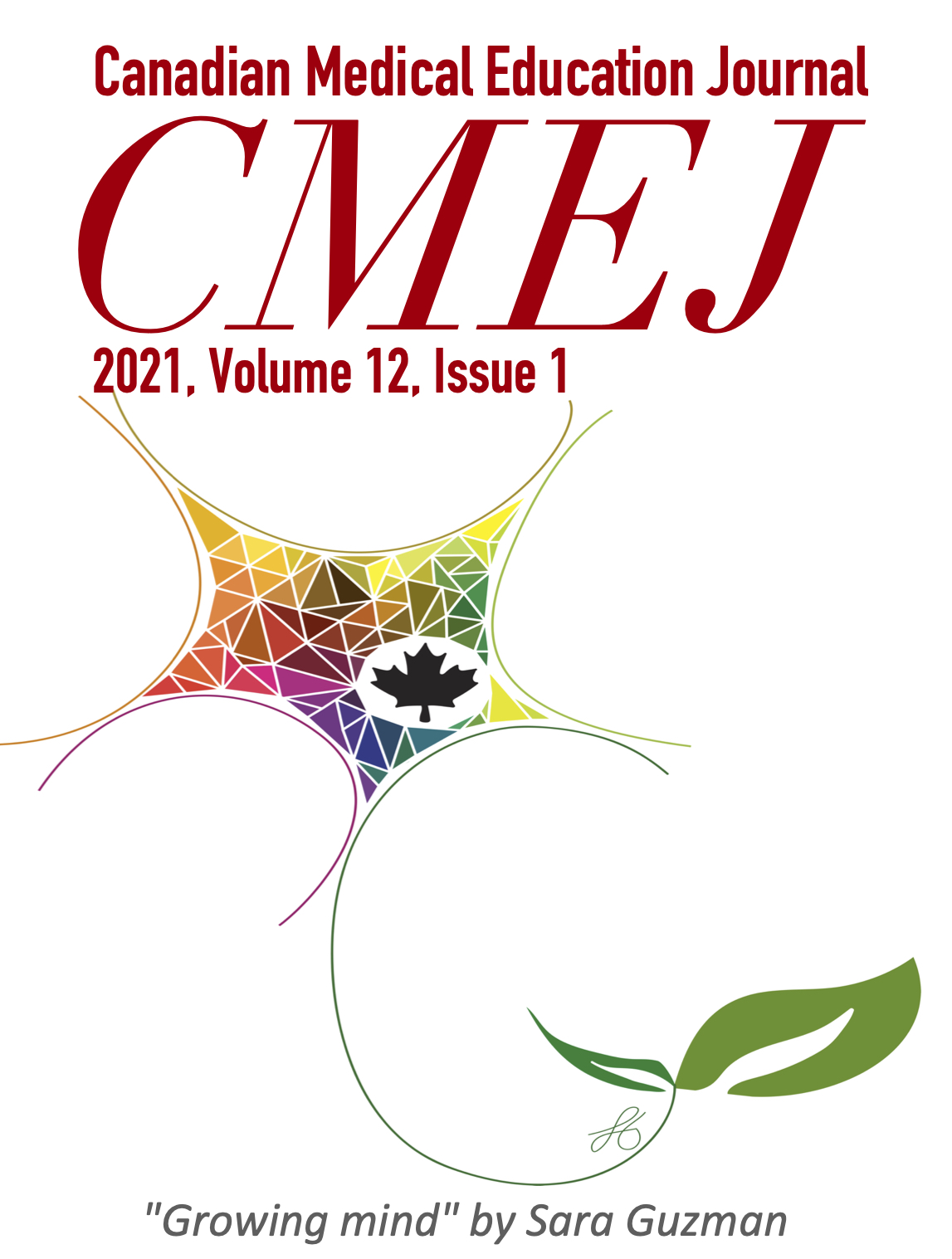Impact of an urban regional medical campus: perceptions of community stakeholders
DOI:
https://doi.org/10.36834/cmej.69951Abstract
Background: Regional medical campuses (RMC) have shown promise in addressing physician shortages. RMCs have been positively evaluated in rural/remote communities, however, it is unclear whether this model will be as beneficial in underserved urban areas. This study evaluated the impact of a RMC on a midsized urban city (Windsor, Ontario). We compare our results with a similar study conducted in a remote community in British Columbia (BC).
Methods: A broad array of community stakeholders representing different sectors were consulted using a semi-structured interview format replicated from the BC Northern Medical Program (NMP) study. Thematic analysis based on the resulting rich data was conducted within a grounded theory context.
Results: Twenty-three participants (52% male) representing healthcare, education, business, community and government/politico sectors were consulted. Their views regarding the Windsor Regional Medical Campus (WRMC) aligned around several themes: improved healthcare, enhanced community reputation, stimulated economic/community development, expanded training opportunities and an engaged community regarding the WRMC. These results were compared to the main findings of the NMP study with both similarities (e.g. increased community pride) and differences (e.g. resource concerns) discussed.
Conclusion: Community stakeholders provided strong support for the WRMC through their perceptions of its positive impact on this urban region. These findings are consistent with similar RMC studies in rural/remote areas. Those interested in developing a RMC might benefit from considering these findings.
Downloads
Published
Issue
Section
License
Submission of an original manuscript to the Canadian Medical Education Journal will be taken to mean that it represents original work not previously published, that it is not being considered elsewhere for publication. If accepted for publication, it will be published online and it will not be published elsewhere in the same form, for commercial purposes, in any language, without the consent of the publisher.
Authors who publish in the Canadian Medical Education Journal agree to release their articles under the Creative Commons Attribution-Noncommercial-No Derivative Works 4.0 Canada Licence. This licence allows anyone to copy and distribute the article for non-commercial purposes provided that appropriate attribution is given. For details of the rights an author grants users of their work, please see the licence summary and the full licence.











